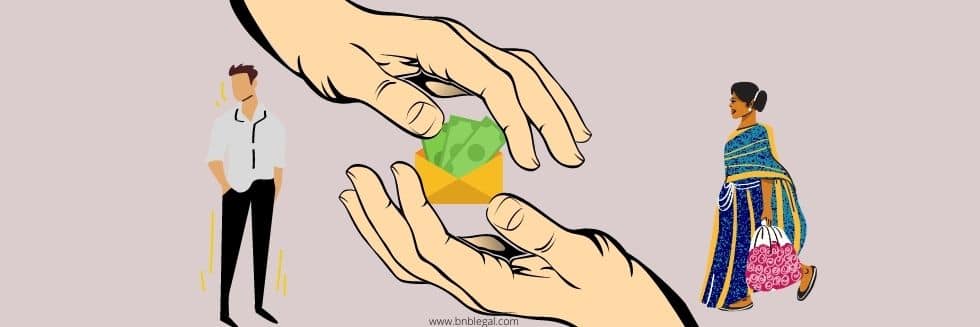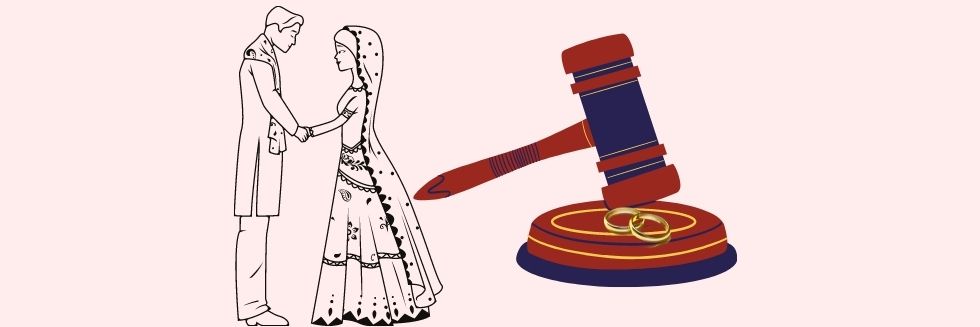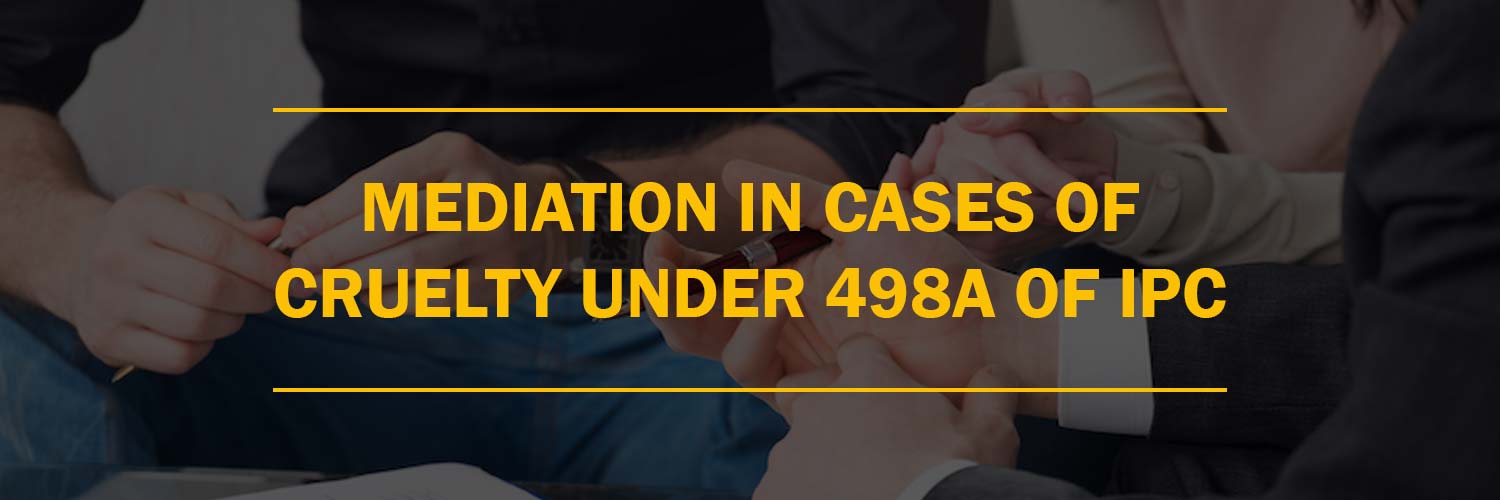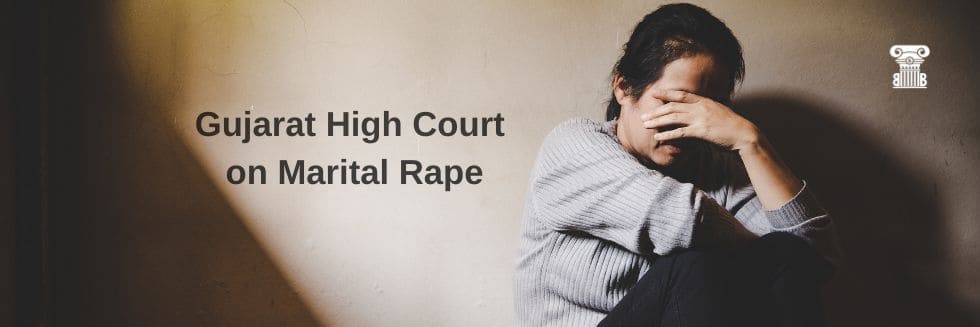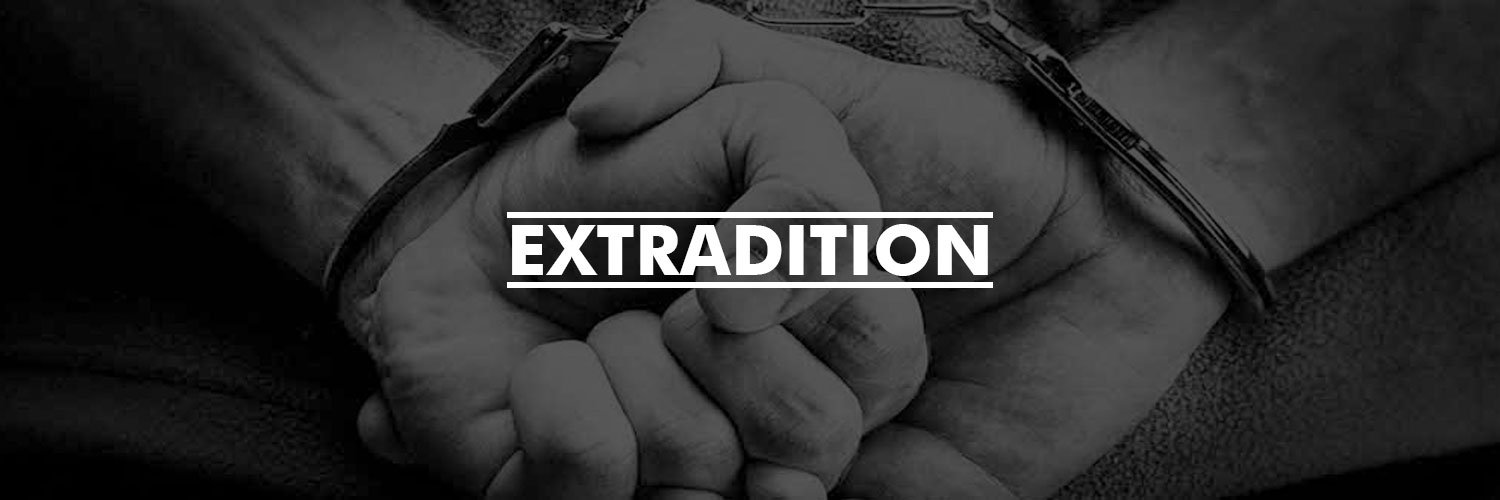“309. Attempt to commit suicide: Whoever attempts to commit suicide and does any act towards the commission of such offence, shall be punished with simple imprisonment for a term which may extend to one year or with fine, or with both.”
Overview
The above stated section penalises the person who attempt to commit suicide. It provides that whosoever person attempts to commit suicide or does any act in furtherance of it shall be punished with imprisonment which may extend to one year, or with fine or both. The liability arises only when an attempt is made. Sec 309 of IPC is the one and only provision in the whole act which provide for unsuccessful act. In other words, suicide is not a crime but its attempt is.
It can be derived from the provision that the punishment is not so harsh and the word or with fine, or with both’ has been substituted by IPC amend. Act, 1882.
Difference between attempt to suicide and commencement of an offence.
In a particular case, the accused women in order to commit suicide ran towards a village well but she was stopped by the man who seized her. Court said it was the commencement of an offence and cannot be consider as an attempt to suicide.
Whereas in another case, a pregnant lady jumped into the well and child in the womb was born dead. It was considered as an attempt to commit suicide under Sec 309 of IPC and women was liable to imprisonment or fine or with both.
Reference to a case which provides detailed explanation of attempt to commit suicide.
In this case, the husband ill-treated her wife and after a quarrel between the couple, the husband threatened to beat her. With this, the wife along with her child left the house in night. While she was travelling, she realized that her husband was following her. In panic she jumped into the village well with her child. This lead to death of the child but she was saved. The court held that she can’t be held guilty because women don’t have the intention in the mind to commit suicide. The only thing that was in her mind at that point of time was to escape from her husband. Although she was held guilty for culpable homicide (this is less than murder).
Attempt to Suicide and Hunger strike
In case of hunger strikes Court had laid down certain guidelines as to what constitute attempt to suicide. In Ram Sunder Dubey v. State, accused men an employee of hospital was suspended from the service. The person concerned went into hunger strike against the order. He was taken to hospital after 3 days. He contended before the court that at no time he had an intention to fast unto death. In addition to this, accused said he was taking lemon juice regularly, so he can’t be held guilty.
Court accepting his intention said he cannot be held guilty of attempt to commit suicide as he was not on the verge of death when he was taken to the hospital on the 3rd day of the hunger strike. There was a possibility of his breaking the fast at any point of time of the hunger strike. On this point Court held that hunger strike are always long drawn and they usually result in loss of weight not death (generally).
A dissenting view was given by the Supreme Court in Ram Leela Maidan Case, where a Bench of judges held that going for a hunger strike for a long span of time amounts to attempt to commit suicide.
Article 21 (Right to Life and personal liberty) and Suicide under Section 309 of the IPC
In P. Rathinam v. Union of India, the petitioners contended before the court that Sec 309 of the IPC is violative of Article 14 and 21 of the Constitution and their prayer was to declare such provision null and void. Petitioner in addition to this , prayed before the court that the proceedings that are intiated against them under Section 309 be quashed. Accused contended that person who has committed suicide has already suffered a lot and punishing him again for this cannot be considered as fair. He said suicide cannot be said to be against public policy, morality or religion. The court accepting the contention held that right to life under Article 21 does not include right to live a forced life and hence the court declared Section 309 of IPC as unconstitutional.
The above case was overruled in Gian Kaur v. State of Punjab 1996, where a Bench of 5 judges held that right to life provided in Article 21 doesn’t include right to commit suicide. An attempt made to commit suicide is punishable under Sec 309 of IPC and the accused cannot take the plea that it is right to life. Section 309 of IPC doesn’t violates the Article 14 and 21 of the Constitution. It can be concluded that Section 309 of the Code does not violates Article 21 and 14 of the constitution.
Parliament has passed Mental Healthcare Bill for decriminalizing suicide attempt.
In 2016, Mental Healthcare Bill secured parliamentary approval as it was earlier passed by the Rajya Sabha in August 2016. This bill decriminalizes attempt to suicide and bans use of electric shock therapy for treating children suffering from mental illness. The Bill has made an tremendous attempt and has separated the attempt to commit suicide from the IPC. Thus IPC provisions cannot be invoked in case of attempt to suicide.
Related Acts
The Code Of Criminal Procedure 1973
Related Articles

